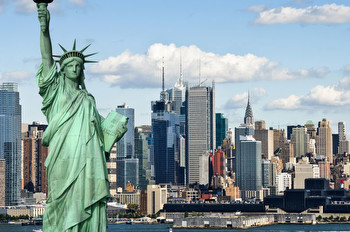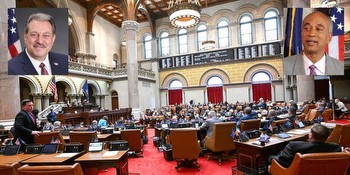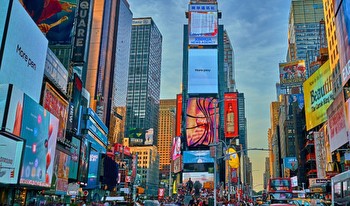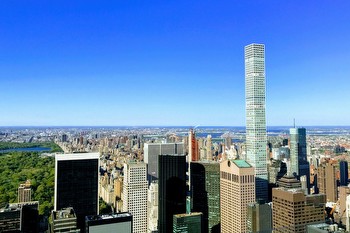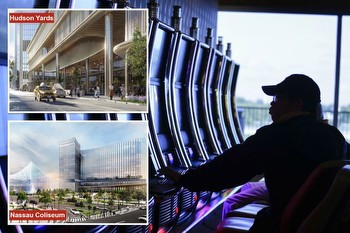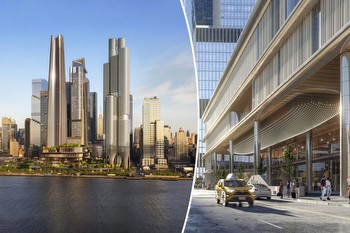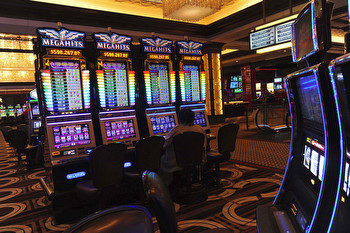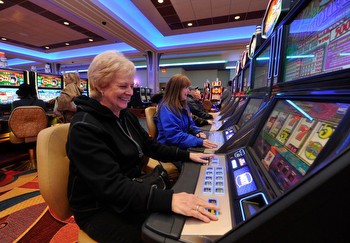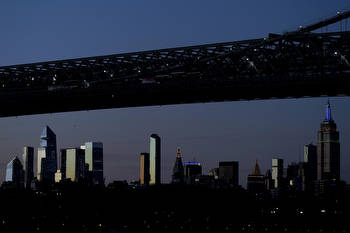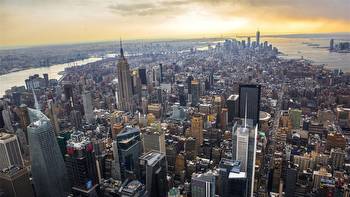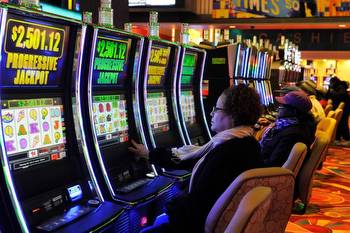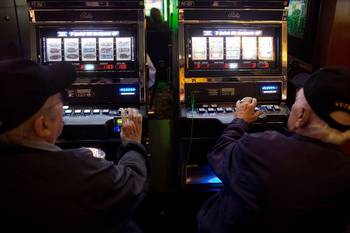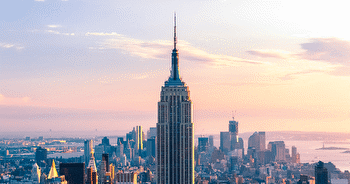Downstate New York Casino License Delay Could Be Another iGaming Roadblock
Updated timeline on requests for applications would mean casino licenses won't be determined until Dec. 31, 2025.
The committee tasked with recommending applicants for three downstate New York casino licenses wants to push back a selection deadline by nearly a year. If the committee has its way, it could delay what would be the nation’s most lucrative online casino gaming market by an even longer period.
The Gaming Facility Location Board last week set a June 27, 2025 request for application deadline for companies hoping to earn one of three casino bids. In a statement announcing the decision, board members said this would “ensure robust competition and community involvement.”
“This timeline encompasses all legal requirements that potential bidders must meet before we may evaluate applications,” said board chair Vicki Been in a statement. “This roadmap also gives communities ample opportunity to have their voices heard, establishes a level playing field among multiple competitors, and affords serious applicants the opportunity to participate in a lucrative and transformational process.”
The Board said in the statement this timeline also gives applicants more room to navigate local environmental impact and zoning regulations. At least four of the roughly dozen publicly known applicants are facing zoning ordinance issues that would prevent them from submitting bids.
After submitting applications, state law requires each applicant to work with a panel of elected officials representing the respective municipalities that would house the facility. Assuming approval from those committees, the Location Board would then evaluate applicants and pass on its recommendations to the New York State Racing and Gaming Commission. The Racing Commission will have final say on the three bids.
The Location Board will decide by Dec. 1, 2025, according to a statement announcing the latest timeline. The Gaming Commission would have to award licenses by Dec. 31, 2025.
Opposition
This extended timeline would, not surprisingly, go against the wishes of many of the would-be applicants. It also runs afoul of state lawmakers’ proposals.
The New York State Legislature overwhelmingly approved a bill earlier this year that would move up the RFA deadline to Aug. 31, 2024. This, proponents argue, would jumpstart the process with hopes it would be completed by no later than Dec. 31, 2025.
“To expedite the licensing process and ensure timely economic benefits, the legislation includes specific deadlines for each step, from application submissions to final approvals,” according to text included in the bill. “This approach aims to prevent delays and maintain investor confidence.”
The bill is now set to be sent to Gov. Kathy Hochul’s desk for her signature. It’s unclear if the governor will sign the bill.
Though she has said publicly she is not directly involved in the casino license process, Hochul oversees the Gaming Commission that will award the licenses. If she vetoes the bill, lawmakers could potentially override it, but it remains to be seen if the Democratic-controlled legislature would override the veto of a fellow Democrat in the governor’s office.
Economic impact
Though the timeline is uncertain, the financial impact of new downstate New York casinos is clear. What would be the first three Las Vegas-style destination casinos in the nation’s largest metropolitan area are expected to be among the most lucrative gaming facilities in the country.
The three winning bidders would have to pay $500 million apiece of the license, meaning $1.5 billion for the state. The properties are then set to generate tens of millions in additional tax dollars annually, plus hundreds of new jobs.
This has led nearly all major U.S. casino operators to express interest in a bid. The two leading candidates are MGM, which operates a racino in Yonkers, as well as Genting, which operates Resorts World casino at Aqueduct Race Track in Queens. Both facilities have slots and digital table games but no live dealer offerings. Both are proposing hundreds of millions of dollars in renovations and expansions that would create gaming destinations rivaling those in Las Vegas or Atlantic City.
Caesars, Hard Rock, Bally’s, Las Vegas Sands, and Wynn highlight a list of top gaming brands seeking what may be the last remaining licenses. Their bids range from a casino in Manhattan’s Times Square to a multibillion-dollar entertainment complex next to the New York Mets' Citi Field in Queens.
Mets owner Steve Cohen’s billion dollar plan to build a casino next to CitiField in Queens hits a snag from NY State Senator Jessica Ramos.https://t.co/AFuBSzL9w5@jessicaramosqns@CBSNewYorkpic.twitter.com/GwEZozuaIy
— Ali Bauman (@AliBaumanTV) May 29, 2024
Another online casino gaming variable
The questions around the brick-and-mortar properties are also imperiling online casino gaming legislation.
Policymakers have punted on iGaming legislation as they await the solution to the new casinos. Though online casino legislation would not require direct affiliation with a brick-and-mortar facility, the companies that win the land-based bids would surely want a stake in an online market.
New York passed online sports betting regulations backed by then-Gov. Andrew Cuomo and largely opposed by operators and lawmakers. The bill levied the nation’s highest tax rate for any competitive market and awarded bids based on a complex array of qualifications, not any affiliation with an existing gaming property. New York ended up with nine sportsbooks, in contrast to the more than two dozen offerings in neighboring New Jersey, where all operators partner with one of the state’s land-based facilities.
Despite the artificial cap and the high tax rate, most top sportsbooks applied for New York licensure. Since launching in January 2022, New York has become the nation’s highest-grossing regulated sports betting market.
The Empire State would almost assuredly hold that distinction for iGaming as well. Only four other states – New Jersey, Pennsylvania, West Virginia and Michigan – have three or more iGaming operators. That quartet all have far fewer residents than New York.
iGaming Proponents believe New York would become the new epicenter of digital gaming, generating new jobs – plus tens of millions of dollars in additional annual revenue for the state.
Bottom line
The state’s lingering brick-and-mortar casino decisions are one more possible roadblock before legal online gaming can become reality. A longer license-awarding process could further delay hopes for an iGaming launch that, at the moment, seems unlikely to happen before 2026 in a best-case scenario.











